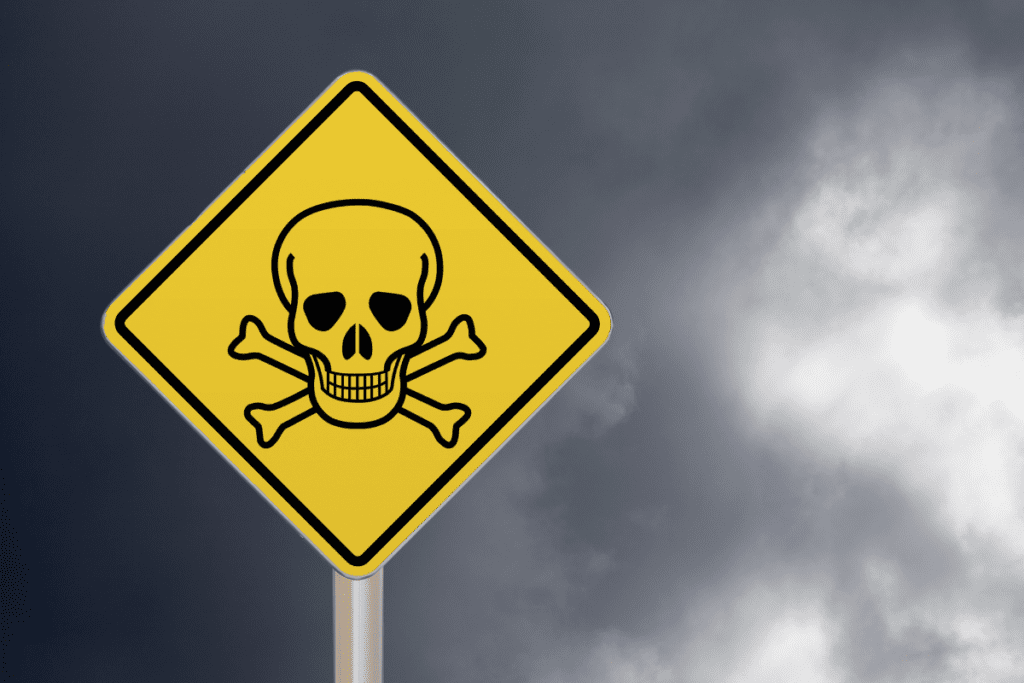ENVIRONMENTAL DEFENCE, ECOJUSTICE
Toronto | Traditional territories of the Mississaugas of the Credit, the Anishinaabeg, the Haudenosaunee, and the Huron-Wendat – Today, the federal government released its draft State of per- and poly-fluoroalkyl substances (PFAS) Report, signalling its intention to pursue a comprehensive regulatory approach to these “forever chemicals.” The proposal to regulate PFAS as a class of chemicals allows the government to more effectively address the human health and environmental harms associated with these thousands of chemicals in products.
Canada’s risk management of PFAS currently lags behind other jurisdictions, and its regulatory scope will need to be extended to include the many products that contribute to PFAS exposures and environmental contamination in order to be on par with the E.U. — a leader in toxics policy.
This report confirms that PFAS are associated with environmental and human health harms, and is an important step in the process of addressing PFAS chemicals as a class under the Canadian Environmental Protection Act (CEPA).
Cassie Barker, Toxics Senior Program Manager, Environmental Defence, said:
“We applaud the federal government for moving forward with its proposed action on ‘forever chemicals’. This is the first time Canada has regulated a hazardous class of chemicals and is in line with the upcoming reforms to the Canadian Environmental Protection Act. It’s time to end an era of whack-a-mole toxics policy where one toxic chemical is simply replaced by another. Today’s proposal is a bold step in the right direction.”
Lucy Grey, Inuk mother and public health research advisor for the Nunavik Regional Board of Health and Social Services, said:
“Accessing safe and uncontaminated country food is a matter of Inuit rights. Wildlife health is directly connected to Inuit health and well-being and it is essential to preserve resources for the next generations.”
Amira Aker, Postdoctoral Fellow and Melanie Lemire, Associate Professor at the Universite Laval and CHU de Quebec, said:
“We especially welcome Canada’s conclusions surrounding consideration of highly exposed populations, the importance of regulating PFAS as a class rather than wasting time regulating them individually, and highlighting the importance of cumulative effects of PFAS mixtures on health.”
Dr. Elaine MacDonald, Healthy Communities Director, Ecojustice, said:
“Strong action to prohibit and control PFAS will be essential to addressing the harm of these substances on us all, and particularly for Indigenous and other communities dealing with impacts from PFAS in their soil, drinking water and food.”
Quincy Emmons, firefighter and FireRein (PFAS-free firefighting product) developer, said:
“Regulation of PFAS as a class is a bold step to mitigating this issue, as it is impossible to fully characterize the many thousands of precursors and terminal products individually. The burden of proof should be on the manufacturers to show that a specific chemistry is safe, not on society to show that it is dangerous.”
Richard Banting, Fire Chief, Tilden Lake Volunteer Fire Department, said:
“This is an important step to dealing with PFAS as a class, and we look forward to the government supporting firefighters to get these foams out of our fire halls, and also get PFAS out of our gear and other products we all use every day.”
Additional information:
- The government signalled in 2021 that it would be proposing a class-based approach to PFAS regulation in Canada.
- PFAS are a group of thousands of chemicals that are linked with adverse human and environmental health effects.
- PFAS has been used to make waterproof, non-stick, stain-resistant, and grease-repellent products for decades, including clothing and other textiles, plastics, cosmetics, cookware, takeout, and food contact materials.
- Canadians and stakeholders are invited to comment on the draft report and risk management scope and provide information that would help inform the development of the final report, until July 19.
ABOUT ENVIRONMENTAL DEFENCE (environmentaldefence.ca): Environmental Defence is a leading Canadian environmental advocacy organization that works with government, industry and individuals to defend clean water, a safe climate and healthy communities.
ABOUT ECOJUSTICE (ecojustice.ca): Ecojustice uses the power of the law to defend nature, combat climate change, and fight for a healthy environment. Its strategic, public interest lawsuits and advocacy lead to precedent-setting court decisions, law, and policy that deliver lasting solutions to Canada’s most urgent environmental problems. As Canada’s largest environmental law charity, Ecojustice operates offices in Vancouver, Calgary, Toronto, Ottawa, and Halifax.
– 30 –
For more information or to request an interview, please contact:
Paula Gray, Environmental Defence, media@environmentaldefence.ca
Dr. Elaine MacDonald, Ecojustice, emacdonald@ecojustice.ca





